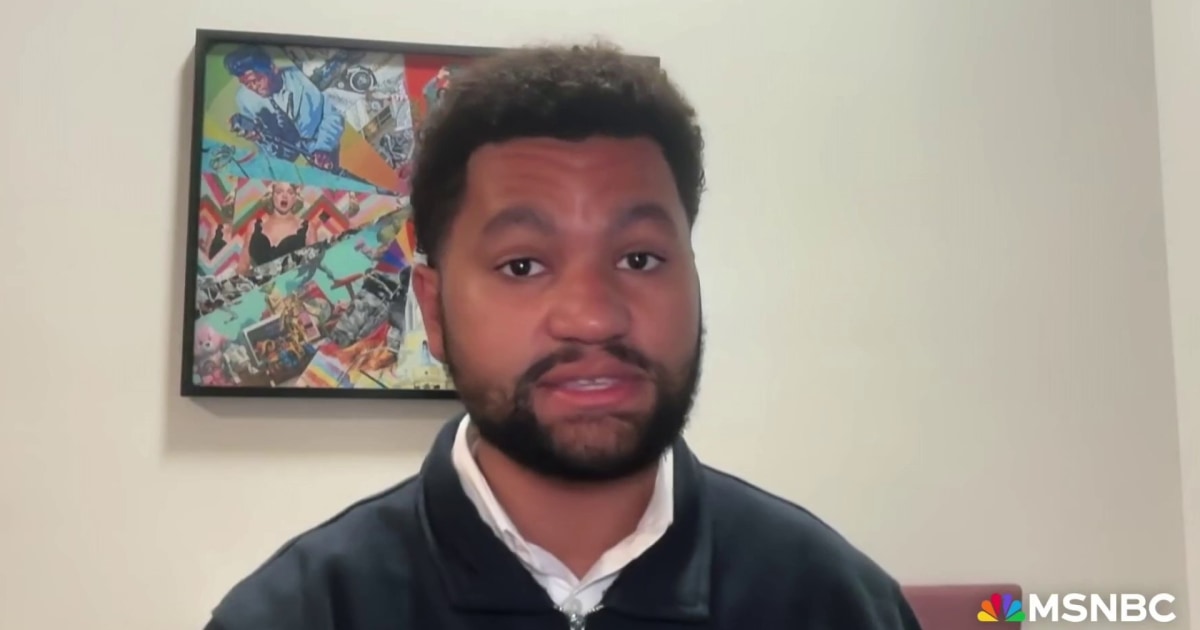Kilmar Abrego Garcia, a Salvadoran migrant caught in the tangled web of U.S. immigration law, has secured a significant legal victory. After being wrongfully deported earlier this year, Abrego Garcia's
Did You Know
Bananas are berries, but strawberries aren't.
?
AD
release from federal custody has been ordered by multiple judges, who have also barred Immigration and Customs Enforcement (ICE) from detaining him upon his expected release. This ruling highlights the intricate and at times controversial legal landscape facing migrant individuals in the United States, where the clash between judicial oversight and governmental immigration enforcement practices is increasingly pronounced.
The judges involved in Abrego Garcia's case expressed skepticism regarding the government's accusations against him, with one judge calling them "bordering on fanciful." Such remarks shed light on a system that may not always afford due process to individuals entangled in immigration proceedings. Abrego Garcia's case, complicated by allegations connecting him with MS-13 gang activity, raises critical questions about the intersection of public safety narratives and the rights of the accused in immigration contexts. The ongoing proceedings have attracted significant media attention, framing Abrego Garcia not only as an individual caught in legal turmoil but as a symbol of broader immigration issues confronting the United States.
While Abrego Garcia celebrates this momentary reprieve, the looming specter of deportation remains. He will be placed under ICE supervision as the judicial battle continues, inviting speculation about the outcome of his case. As advocates and critics alike observe, this situation underscores the pressing need for a more equitable immigration system, one that balances enforcement with fairness and respect for the legal rights of all individuals, especially those like Abrego Garcia who find themselves caught in the crossfire.
Q&A (Auto-generated by AI)
What led to Abrego Garcia's deportation?
Kilmar Abrego Garcia, a Salvadoran national, was erroneously deported to El Salvador in March 2025. His deportation occurred amid the Trump administration's aggressive immigration policies, which aimed to crack down on illegal immigration. Abrego Garcia's case became a focal point for discussions about due process and the rights of immigrants, as he was deported despite pending legal issues in the U.S., raising concerns about the fairness of his treatment.
How does this case reflect immigration policy?
Abrego Garcia's case highlights the contentious nature of U.S. immigration policy during the Trump administration, which prioritized strict enforcement and rapid deportations. This policy often led to situations where individuals, like Abrego Garcia, faced deportation without adequate legal recourse. The case underscores the ongoing debate about balancing national security with the rights of immigrants and the need for fair legal processes.
What are the implications of due process here?
Due process is a constitutional guarantee that ensures fair treatment through the judicial system. In Abrego Garcia's case, the courts intervened to prevent immediate deportation, emphasizing the importance of due process in immigration cases. The judges' rulings indicate a recognition of the need for legal protections for individuals facing deportation, suggesting that the U.S. legal system must uphold these rights even amid strict immigration enforcement.
What role does ICE play in deportation cases?
U.S. Immigration and Customs Enforcement (ICE) is responsible for enforcing immigration laws, including deportations. In Abrego Garcia's situation, ICE sought to detain him upon his release from criminal custody. However, the courts ruled against immediate detention, highlighting ICE's contentious role in balancing enforcement with individuals' legal rights. This case illustrates the complexities of ICE's actions within the broader immigration system.
How have courts historically handled immigration cases?
Historically, U.S. courts have varied in their approach to immigration cases, often reflecting the political climate. Courts have sometimes upheld strict immigration enforcement, while at other times they have intervened to protect the rights of individuals facing deportation. Cases like Abrego Garcia's illustrate a growing judicial willingness to scrutinize governmental actions and ensure that due process is respected, especially in high-profile immigration matters.












